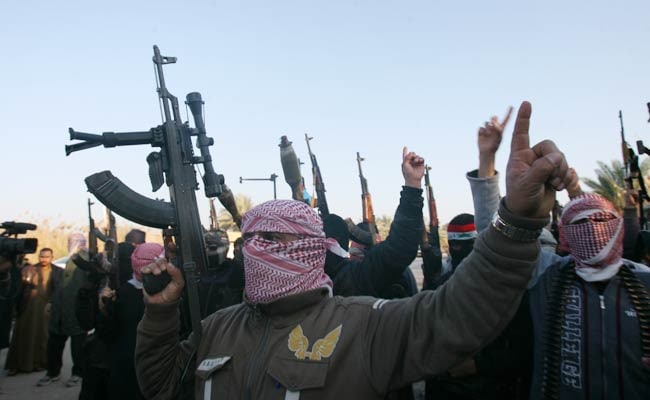
Iraq's autonomous Kurdistan government has obtained evidence that the Islamic State group used chlorine in a car bomb attack against its peshmerga forces in January, a statement said Saturday.
"Peshmerga forces collected soil and clothing samples after a vehicle-borne suicide attack (VBIED) on 23 January 2015," the Kurdistan Region Security Council said.
The analysis was carried out in the European Union and "found the samples contained levels of chlorine that suggested the substance was used in weaponised form", the statement said.
The security body, which is chaired by the son of Kurdish President Massud Barzani, argued that the use of the chemical agent was a sign of desperation by the jihadists.
"The fact ISIS (IS) relies on such tactics demonstrates it has lost the initiative and is resorting to desperate measures," it said.
The use of chlorine, which the jihadists mainly collected from water treatment plants, in homemade bombs has been reported in several parts of Iraq and Syria.
Such explosions generally release orange-coloured smoke.
Car bombs and roadside bombs are easy to rig with chlorine canisters but the chemical agent is not very effective.
Doctors and witnesses have reported that people who had been exposed to chlorine gases in recent attacks in Iraq briefly showed symptoms such as vomiting and respiratory problems.
It is unclear, however, whether anyone has died as a result of exposure to chlorine used in a bomb attack by IS.
Track Latest News Live on NDTV.com and get news updates from India and around the world

